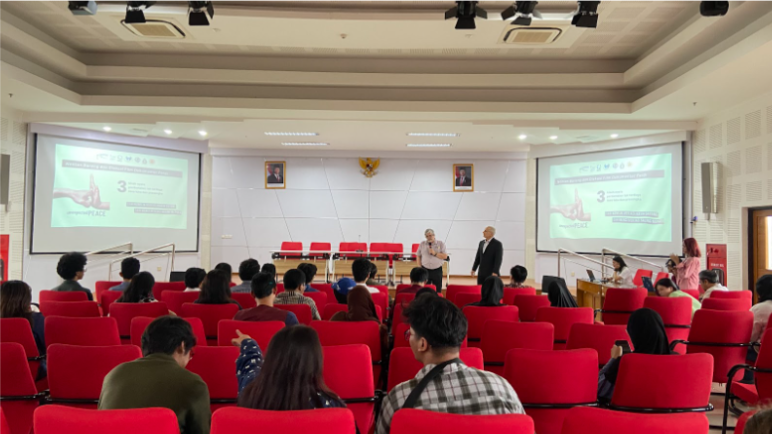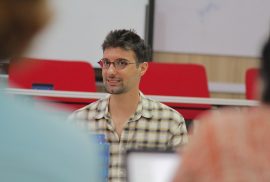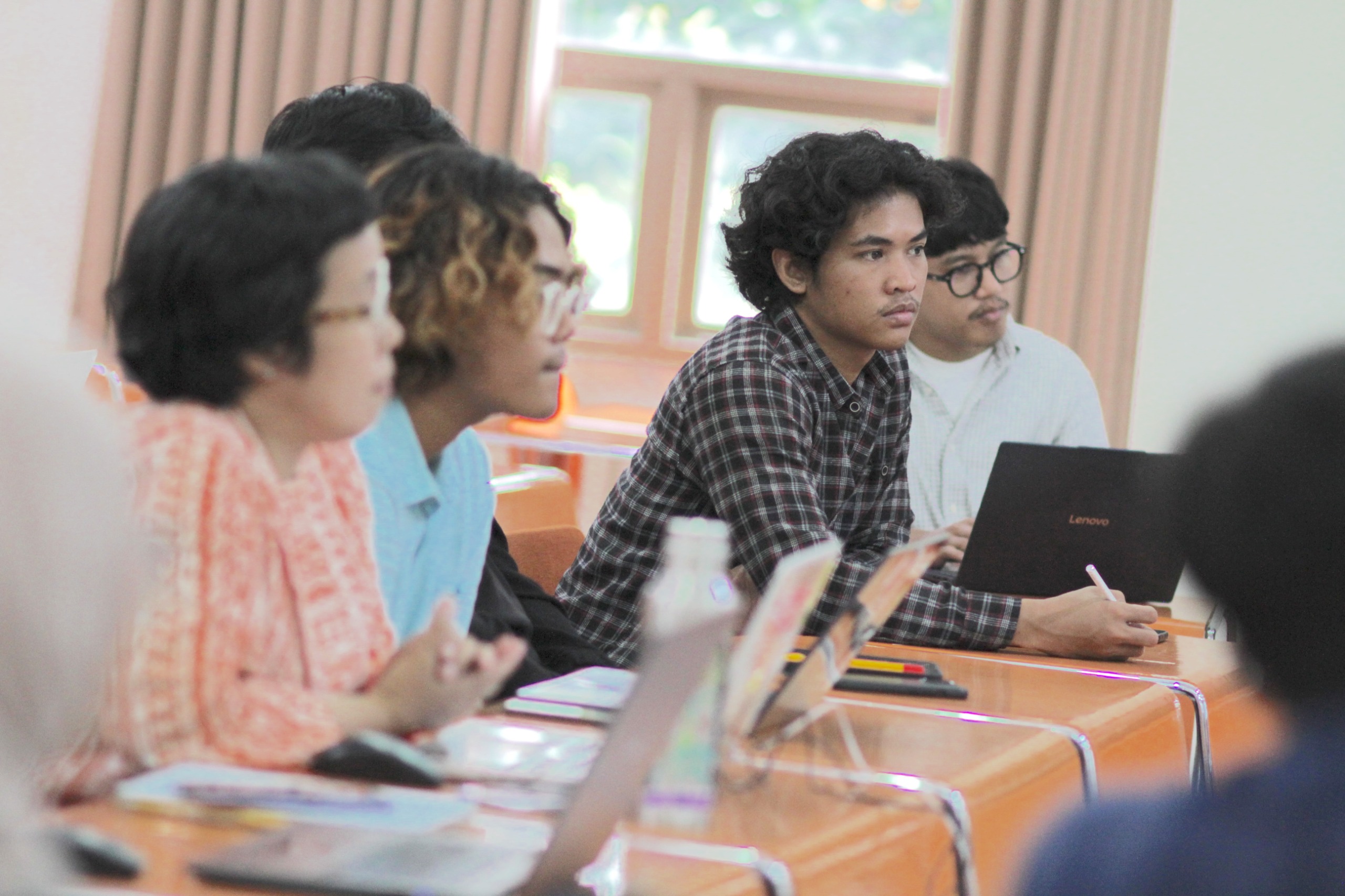Yogyakarta, September 17, 2025 — The premiere of Unexpected Peace was held on Wednesday (Sept. 17, 2025), bringing together several prominent figures who emphasized the importance of viewing conflicts through a humanitarian lens rather than merely political or territorial ones.
In the forum, Michael and Johnathan opened the discussion by examining the Israel-Palestine conflict as a concrete example of the complexities of peace. They highlighted the harsh realities of life in Gaza, where people are often trapped in cycles of dehumanization. “Individuals may face limitations in confronting large-scale violence, yet each person still carries the responsibility to speak the truth,” said Michael.
Johnathan added that nonviolent approaches have proven more effective in resolving conflicts. He referred to stories presented in the film and emphasized that religion can serve as a spiritual guide in building peace.
Meanwhile, academic Achmad Munjid highlighted the importance of narrative in delivering moral messages. According to him, stories are easier for society to grasp as reflections of humanitarian values. He also stressed that conflicts arise from multiple factors, ranging from economic and political to cultural. “Genocide is the most extreme form of dehumanization, and it remains a global threat to this day,” he asserted.
The Q&A session deepened the discussion on religion, media, and the act of forgiveness. Johnathan cited the Amish community as an example, noting how they always choose to forgive first before considering other consequences. Michael emphasized that forgiveness can come from anywhere, while Munjid described it as “a radical act that seems almost impossible,” yet precisely what makes it meaningful.
Questions about the conditions required for peace were answered by Paulus, who emphasized the importance of respecting differences. According to him, authenticity and honesty are key to building trust. Yanni added that conflict resolution requires active engagement, the pursuit of shared goals, and agreements that are both clear and respected.
The event concluded with the understanding that peace is not something achieved instantly, but rather a long journey that demands courage, collective participation, and a commitment to dismantle stereotypes. Respecting differences and having the courage to forgive were highlighted as the main foundations of reconciliation.
The premiere of Unexpected Peace successfully demonstrated that viewing conflict through a humanitarian lens is a vital first step toward a more peaceful world. Narratives, real-life experiences, and open dialogue are believed to be powerful tools in fostering collective awareness of the importance of peace.
[Public Relation of FIB UGM, Alma Syahwalani]











